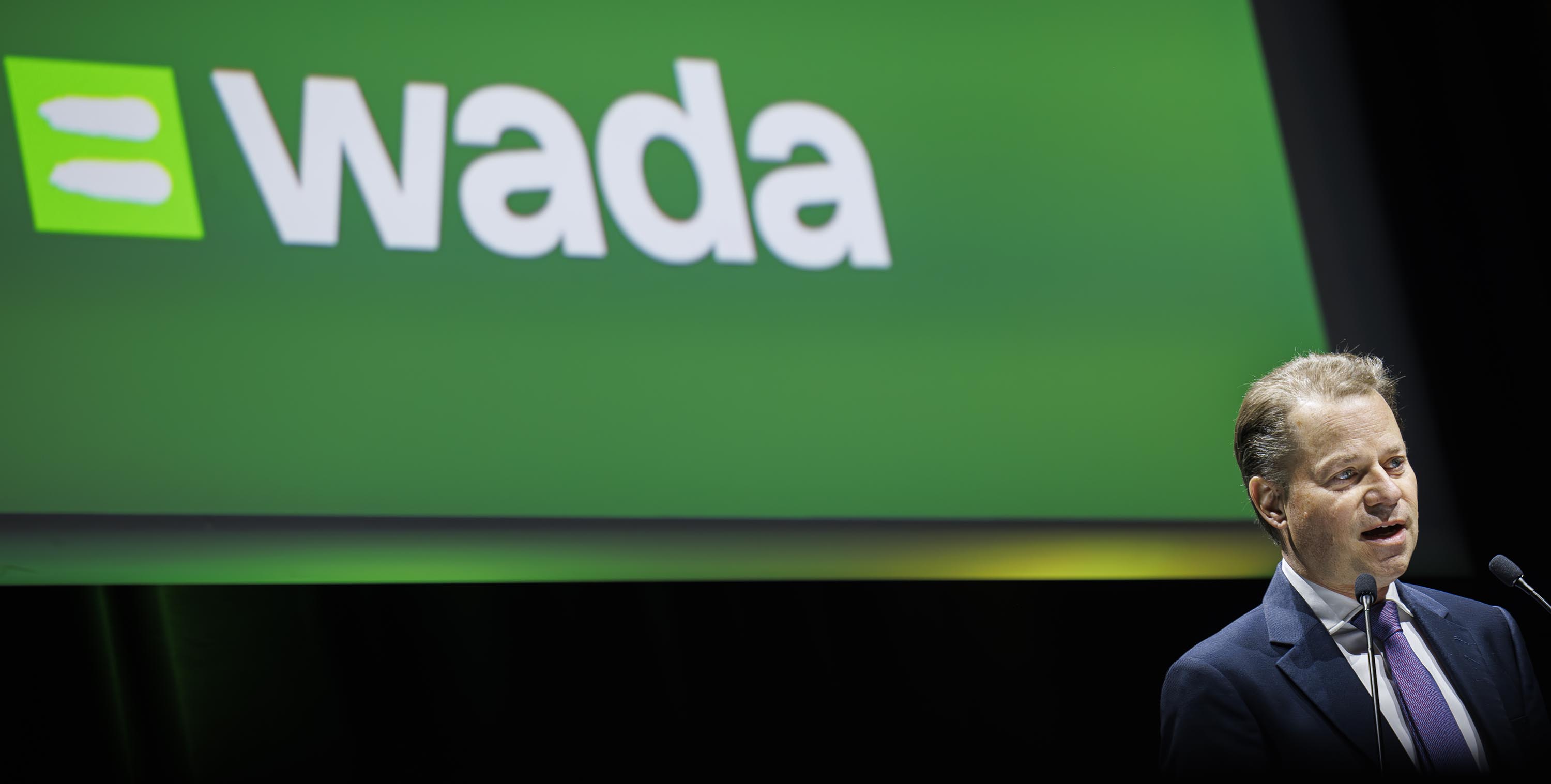After reports emanating from the US that a Chinese swimmer who tested positive for a banned substance back in 2022 is currently competing at the Paris Olympic Games, the war of words between the World Anti-Doping Agency (Wada) and US Anti-Doping Agency (Usada) has once again flared up.
Early this week the New York Times reported that two Chinese swimmers Tang Muhan and He Junyi tested positive for metandienone, an anabolic steroid. The publication said both Wada and the China anti-doping agency (Chinada) had kept these findings on the hush.
This latest revelation comes on the back of another New York Times investigation, which was published in April 2024.
That report was about 23 Chinese swimmers who also tested positive for a banned substance, trimetazidine (TMZ), months before the Covid-delayed Tokyo Olympics in 2021. They were not suspended from competition, even on a provisional basis.
However, it has emerged that the latest pair of Chinese athletes were provisionally suspended for a year while their cases were investigated.
Eventually, they were cleared of any wrongdoing after the results of the Chinada probe showed that they had unknowingly ingested burgers from a restaurant in their country which contained traces of metandienone, according to Wada.
“The investigation by Chinada included the testing of hundreds of meat samples from various sources, with dozens revealing positive results for metandienone,” Wada said in the wake of the news.
“Chinada also analysed the athletes’ nutritional supplements and conducted hair tests, which were negative. Significantly, both the swimmers provided negative doping control samples in the days before and after the single trace positive,” the anti-doping body added.
Wada director general Olivier Niggli said: “The issue of contamination is real and well-known by the anti-doping community.
“Over the years, there have been thousands of confirmed cases of contamination in its various forms, including more than 1,000 for meat contamination in Mexico, China, Guatemala, Colombia, Peru, Ecuador and other countries.”
On Thursday Tang was part of the Chinese women’s swimming team which won bronze in the 200m freestyle relay, fuelling the furore around China and its swimmers.
Amazing record
 Travis Tygart, CEO of the US Anti-Doping Agency. (Photo: Nathan Howard / Getty Images)
Travis Tygart, CEO of the US Anti-Doping Agency. (Photo: Nathan Howard / Getty Images)
 Muhan Tang of China competes in a women’s 4x200m freestyle relay heat on 1 August 2024 at the Paris La Defense Arena in Paris, France. (Photo: Franck Robichon / EPA-EFE)
Muhan Tang of China competes in a women’s 4x200m freestyle relay heat on 1 August 2024 at the Paris La Defense Arena in Paris, France. (Photo: Franck Robichon / EPA-EFE)
 Gold medallist Pan Zhanle of China after the men’s 100m freestyle final in the Paris 2024 Olympic Games on 31 July 2024. (Photo: Franck Robichon / EPA-EFE)
Gold medallist Pan Zhanle of China after the men’s 100m freestyle final in the Paris 2024 Olympic Games on 31 July 2024. (Photo: Franck Robichon / EPA-EFE)
Eyebrows were also raised when her compatriot Pan Zhanle won the men’s 100m men’s race in world record time on Wednesday, 31 July. The 19-year-old, who broke his own record by 0.40 seconds, returning an impressive 46.40 seconds, has no known history of doping.
Nevertheless, this did not stop an Australian swimming coach, Brett Hawke, from casting aspersions on Pan’s victory.
Hawkes said the Chinese swimmer’s win, by a body length ahead of Aussie swimmer Kyle Chalmers, was humanly impossible. Especially against such a strong field of swimmers.
Usada, which has been highly critical of how Wada operates, also criticised the global anti-doping watchdog for how it has handled Chinese athletes testing positive for banned substances in recent years.
“It’s crushing news to wake up to for all athletes and fans of the Olympic movement that the failures of the global anti-doping system have overshadowed what should be a moment to bring the world together,” said Usada CEO Travis Tygart.
“China seemingly has the playbook to compete under a different set of rules, tilting the field in their favour. The failed leadership of the anti-doping system has allowed one country special treatment at the very time we should all be united behind the Olympic values of fair play and respect for all fellow competitors,” Tygart added.
Usada said it acknowledges that athletes can unknowingly ingest banned substances via contamination. But the organisation accused Wada and Chinada of cloaking Chinese positive tests in secrecy.
Wada says it refuses to be caught up in the political battles of the US and China. DM




 Gold medallist Pan Zhanle of China after the men’s 100m freestyle final in the Paris 2024 Olympic Games on 31 July 2024. (Photo: Franck Robichon / EPA-EFE)
Gold medallist Pan Zhanle of China after the men’s 100m freestyle final in the Paris 2024 Olympic Games on 31 July 2024. (Photo: Franck Robichon / EPA-EFE) 